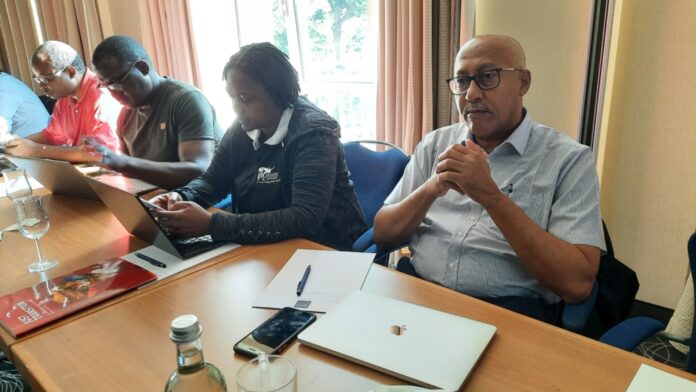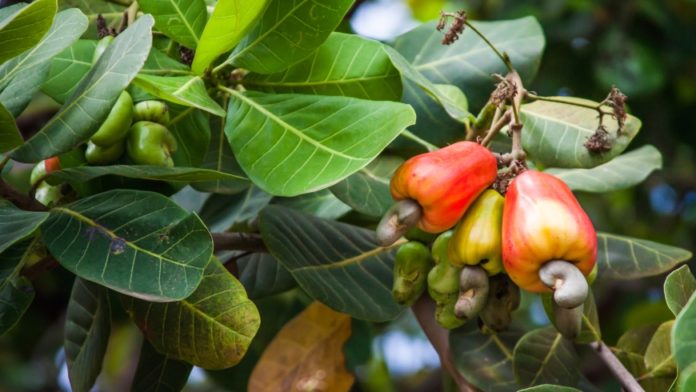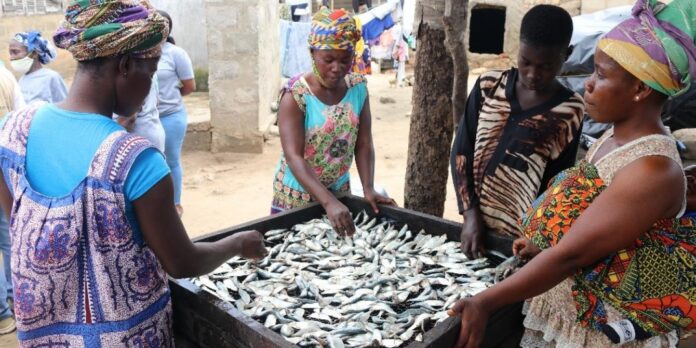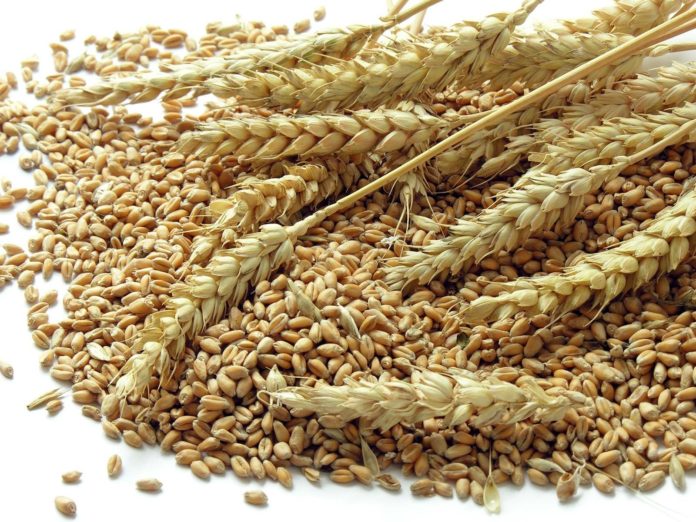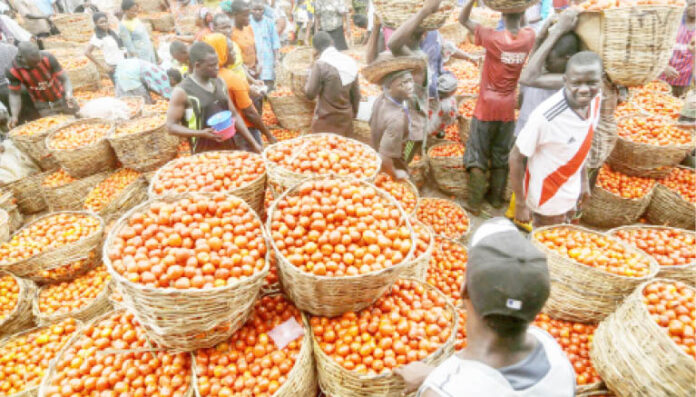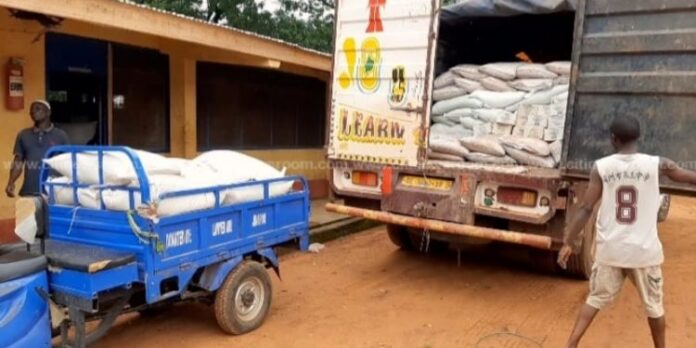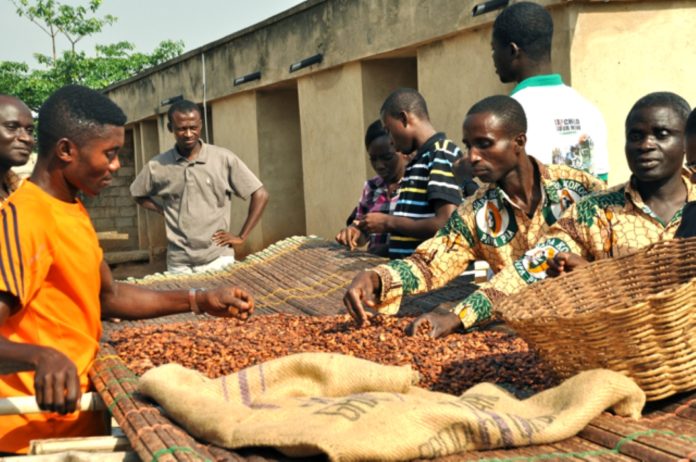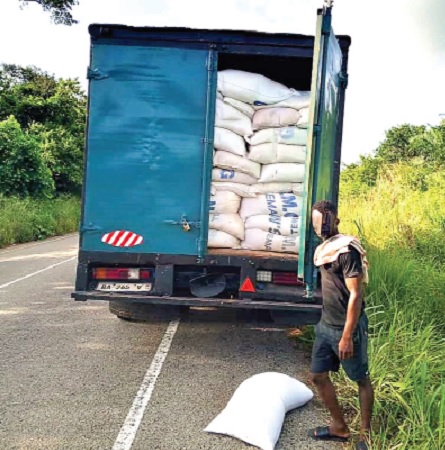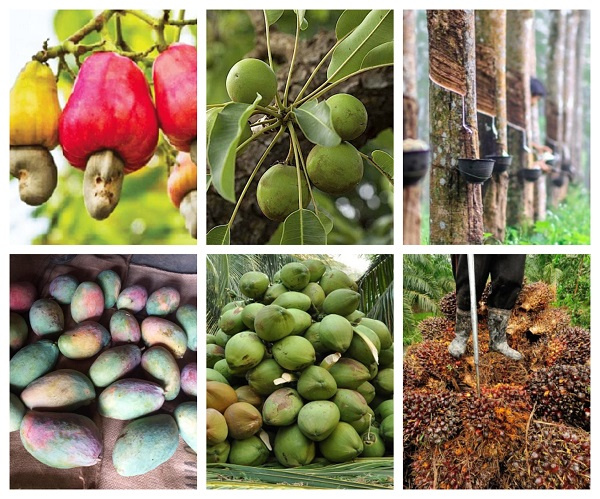The African Group of Negotiators on Climate Change (AGN) Lead Coordinators have convened in Bonn, Germany, to strategise ahead of the 58th session of the United Nations Framework Convention on Climate (UNFCCC) Subsidiary Bodies (SB58) Conference scheduled for June 5–15, 2023.
The Global Stocktake (GST) and discussions on the modalities for establishment of the Loss and Damage Fund are dominating the agenda.
The GST, as enshrined in Article 14 of the Paris Agreement, is a process for taking stock of the implementation of the Paris Agreement with the aim to assess the world’s collective progress towards achieving the purpose of the agreement and its long-term goals.
The first stocktake got underway at the UN Climate Change Conference in Glasgow in November, 2021 and is expected to conclude at COP28. Each stocktake is a two-year process that happens every five years. Thus, as Parties prepare for the SB58 session and COP28 later in the year, all eyes are on the outcome of this process, which is critical to achieving the overarching goal of the Paris Agreement and the Convention.
The GST is currently in the technical phase. The political phase will be at COP28 where leaders will be expected to adopt the outcomes of the process.
Similarly, in view of the landmark COP27 decision on Loss and Damage, the discussions centred on the need for robust and flexible modalities for the operationalisation of the Loss and Damage Fund.
Speaking after he officially opened the meeting, AGN Chair, Ephraim Mwepya Shitima re-affirmed AGN’s call for the GST to be balanced, covering all thematic areas, and the need for robust and flexible modalities for the operationalisation of the Loss and Damage Fund.
“This is an important year for us; following key outcomes from COP27, and especially in the context of taking stock of where we are, we have a mammoth task to ensure we continue advancing Africa’s interests. We cannot afford to lose track of the GST, whose outcome, we have repeatedly said, must be comprehensive and balanced to facilitate progress across all thematic areas, and respect the priority issues of all Parties and stakeholders.
“Our emerging position, which is still being discussed, is to ensure an equitable and just global transition to a low emission and climate resilient world that allows African countries the policy space to achieve the SDGs in the immediate to medium-term (2030), using all its natural resources and endowment.
Equally, operationalization of Loss and Damage Fund with flexible and robust modalities, is a key priority for the AGN as our leaders and the entire continent is banking on us to ensure that it is not short-changed,” said Shitima.
Other key agendas included the continued push for Africa’s Special Needs and Special Circumstances; the need for scaled-up financial and technical support to implement Africa’s highly ambitious Nationally Determined Contributions (NDCs), in particular, adaptation finance through a call for grant-based financial resources for African countries and the need to reform the climate financial architecture; the need to expedite operationalization of the Global Goal on Adaptation (GGA); Just Transition work programme; a call for ambitious mitigation efforts from developed country parties; the Koronivia Joint Work on Agriculture and food security; and means of implementation.
Africa’s Special Needs and Special Circumstances
As mandated by the African Union through the Committee of African Heads of State on Climate Change (CAHOSCC) at the 36th African Union Summit held in Addis Ababa, Ethiopia in February, 2023, the AGN Lead Coordinators deliberated on, and agreed to take forward the agenda on Africa’s Special Needs and Special Circumstances—a continent which is the least contributor to global greenhouse gas emissions (less than 4%), and yet the most adversely impacted region, as reaffirmed by latest Intergovernmental Panel on Climate Change (IPCC) reports.
According to the IPCC, Africa is already experiencing severe and widespread impacts of climate change, causing devastation to lives, livelihoods and the continent’s development trajectory.“At the 36th session of the Au Summit in February, 2023, the AU Heads of State Assembly gave guidance on a number of issues, including urging the AGN to continue collaborating with other stakeholders, including the COP28 Presidency on Africa’s special needs and special circumstances agenda. So, we will continue pursuing this agenda item as guided by our leaders in the interest of the continent’s development aspirations in relation to climate action,” Shitima said.
Climate Finance and reform of the financial architecture
The question on climate finance is as old as the climate negotiations. Still, the AGN team is determined to ensure this agenda item is given the prominence it deserves, particularly for developed countries to deliver on their climate finance pledges. The key task is for developed countries to provide predictable and accessible funding for climate action on affordable and reasonable terms that do not further worsen the debt crisis that most developing countries are already dealing with.
Adaptation (GGA)
Adaptation to the impacts of climate change remains one of the key challenges that Africa is facing. Therefore, adaptation remains a key priority as people, infrastructure and ecosystems on the continent continue to experience climate shocks and economic distress.
The latest science by the IPCC reveals that Africa will need up to 86.5 billion USD for adaptation alone by 2030. In view of the foregoing, the AGN is seeking a clear and traceable delivery mechanism for the doubling of adaptation finance, a commitment made by developed countries in Glasgow in 2021, to avoid the mystery of the 100 billion USD per year, which has haunted negotiations since 2009.
Additionally, the weak outcome at COP27 on adaptation, largely due to developed countries’ unwillingness to take the matter seriously, has remained a concern to the AGN. The group is therefore seeking for seriousness on this matter and agreed to continue pushing for science-based indicators, targets and metrics within the agreed framework.
Mitigation
Notwithstanding the concentration on adaptation, the AGN’s call on developed countries to take their leadership role in climate action seriously by urgently scaling up mitigation ambition and implementation during this critical decade, to keep the 1.5-degree Celsius temperature goal alive.
The group’s emphasis is also on the importance of support to implement conditional components of African countries and other developing countries’ NDCs to enable them effectively contribute, as well as the call for countries to increase the share of renewable and low emission energy sources in their energy mix and scale-up renewable energy investments in particular to address the energy access challenges of many countries in Africa.
Just Transitions
In deliberating on Africa’s special needs and circumstances, the AGN Lead Coordinators also spotlighted the continent’s energy poverty, with latest statistics showing over 600 million people having no access to electricity and 900 million people with no access to clean cooking.
This is in addition to other development challenges that Africa faces requiring the continent to fully exploit its natural resources. With a heightened global campaign for countries to transition to clean and green energy sources, Africa will thus require support for Just energy transition that ensures resources and technologies are made available to enable the continent achieve climate, energy and development goals.
“Our argument is that reducing emissions should not be at the expense of Africa’s development but at a pace and scale affordable to African countries. The work programme should facilitate ambitious and equitable climate actions, recognising different starting points of countries and nationally defined development priorities of developing countries, different pathways and national circumstances and the importance of the social and economic components of the transition,” said AGN Chair.
Koronivia Joint Work on Agriculture and food security
In the context of the climate crisis in Africa, agriculture is seen as an important agenda item in view of the continent’s food insecurity, said to be worsened by climate change vagaries. In view of the foregoing, Africa cannot afford to slumber on the importance of making agriculture resilient to climate change.
Given its importance to most African countries’ food security and economic transformation, the AGN has firmly set its agenda on ensuring a clear action matrix of the the four-year Sharm el-Sheikh joint work on implementation of climate action on agriculture and food security.

